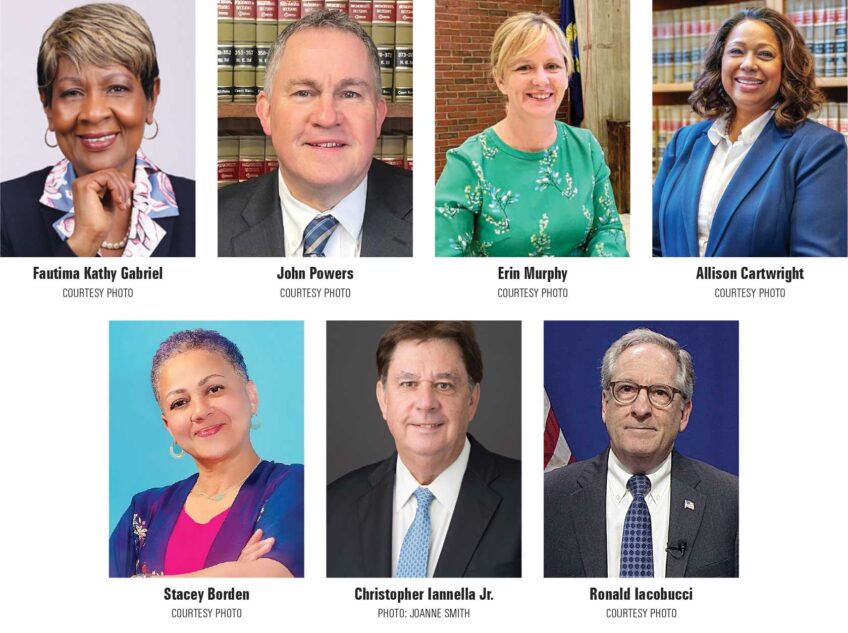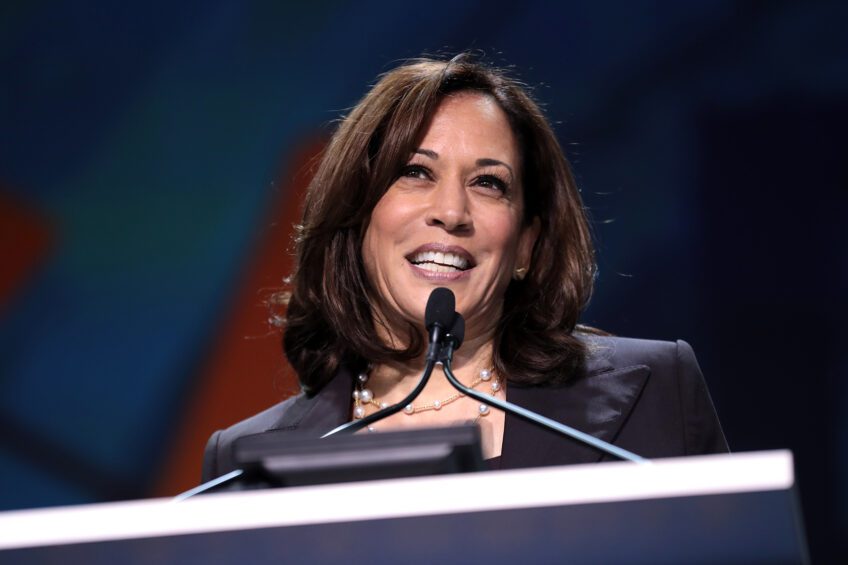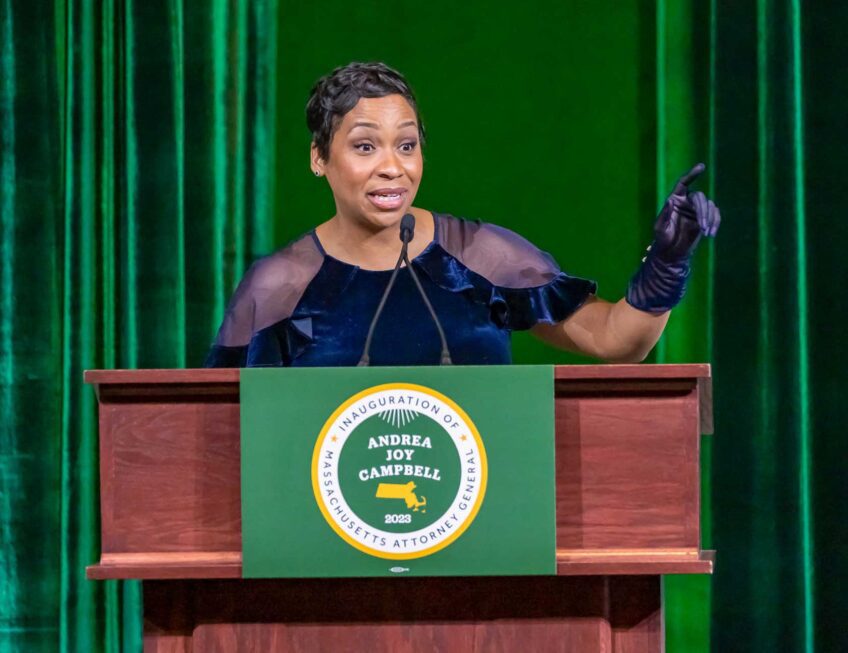Voter rights activists are hoping the Massachusetts Senate will pass electoral reforms next year after the House approved online registration and early voting measures.
The legislation approved by the House now goes to the Senate when it comes back in session in January. The bill calls for voters to be able to vote up to 11 days ahead of the traditional Tuesday Election Day in presidential elections and allows for online registration in addition to the traditional paper methods of registration.
Early voting is viewed as a major win by voter advocates, who say it can increase voter participation — the holy grail of voting reform.
“I think it will have a great impact,” said Cheryl Clyburn Crawford, executive director of MassVOTE. “Can you imagine having 11 days to vote instead of one day, a Tuesday — a work day?”
“I think early voting would increase voter turnout tremendously.”
Clyburn Crawford views online registration as a common sense measure to make it easier for voters to register in a world in which doing things online has become second nature — and also something that can be a big boost in attracting younger voters to the political process.
“Young people do everything online. That is what we love about the online voter registration. It only makes sense,” Clyburn Crawford said.
However, Clyburn Crawford emphasized that MassVOTE believes the voter registration passed by the House can be much more comprehensive and she has high hopes that the Senate will add additional measures to it.
In particular, she says early voter registration should be for all elections, not just presidential elections, and the current House bill only has early voting during work hours, which she would like to see extended to evenings and even weekends.
MassVOTE is also pushing for the Senate to add pre-registration to the legislation. Pre-registration would allow for teens ages 16-17 to enter the voting registration system prior to turning 18. Clyburn Crawford said this is important because the teens could be pre-registered through high school programs when they are in school, which would likely increase the number of younger voters entering the system and turning out to the polls later after they turn 18. She added that this would introduce them to the election system and help establish a pattern of involvement with voting that would continue into the future.
“We consider this a bill that has great reforms in it such as online voter registration, but still a watered down bill,” said Clyburn Crawford. “We want them to pass a really substantial and comprehensive bill … We think this is the best opportunity to do that.
“It is a good thing so far. We just want it to be strengthened. If you are going to pass an election reform bill, why not make it substantial?”
One of the reasons Clyburn Crawford has confidence in the Senate to approve a more comprehensive bill is because it has already introduced prior legislation that has included the additional reforms MassVOTE wants.
“We feel pretty confident that we do have some great supporters in the Senate that might add those particular pieces as well,” she said.
A lot of the voter advocacy hope in the Senate reform comes from Senate President Therese Murray’s public assertions that voting reform is a priority to her. Political pundits have suggested that voting reform is one of the key legislative measures she wants to stamp on her tenure as head of the Senate. Murray has put her name on several voting reform proposals in the Senate in the past.
State Senator Linda Dorcena Forry says she supports both early voting and online registration and has confidence that the Senate will address the voting reform legislation proposed by the House.
“This is a good bill and I know the voting advocates have worked hard on this,” Dorcena Forry said. “I am thinking that something will get done at least on the Senate side as well.”
Dorcena Forry also said she favors some kind of pre-registration for teens because, like voting reform advocates, she believes it is important to get youth involved in the voting process from a young age.
Even if the Senate does approve a more comprehensive voting reform bill, MassVOTE is far from done with their efforts.
“If we don’t get what we want we have to keep going,” Clyburn Crawford said. “We won’t give up.
“We just want to make it easier for people to vote. We shouldn’t be putting things in their way to stop them,” she added.
Not expected to be part of the current reform discussion is Election Day registration, which groups such as MassVOTE and other voting reform organizations see as the ultimate goal. Election Day registration would allow for voters to register at the same time as showing up to vote.
“The ultimate stop gap for voting is Election Day registration,” said Clyburn Crawford. “If we had that in place we wouldn’t need these other reforms.
“We are moving toward that, one bite at a time,” she added.
Voter advocates, including MassVOTE, are also pushing for redefining the voting precincts in the City of Boston, with a hope to ease the lines in areas of the city that have seen large population shifts since the precincts were originally established.
Deborah Shah, executive director of Progressive Massachusetts, is more critical of the House’s recent legislative efforts on voting reform. In addition to other measures that MassVOTE is pushing for, she pointed out that the House was also considering other legislation, including updating inactive voting procedures and post-election audits to ensure the accuracy of voting machines — and none of these things made the final bill.
She called the final bill passed by the House “surprising and disappointing.” She was very critical of the early voting measure concluding that early voting when restricted to business hours is “hardly early voting.”
Like Clyburn Crawford and MassVOTE, Shah and her organization see Election Day registration as the ultimate achievement, but also necessary as she says it is the sole voting reform that has proven to increase participation.
Progressive Massachusetts is preparing to fight hard to push the Senate to add some of these measures to any voting legislation.
According to Shah, Massachusetts legislature needs to act because the state is now fallen behind on voting reform — currently it is one of 15 states that have no form of early voting. Twenty two states have some form of online registration, and 11 states and the District of Columbia have enacted same-day registration.






